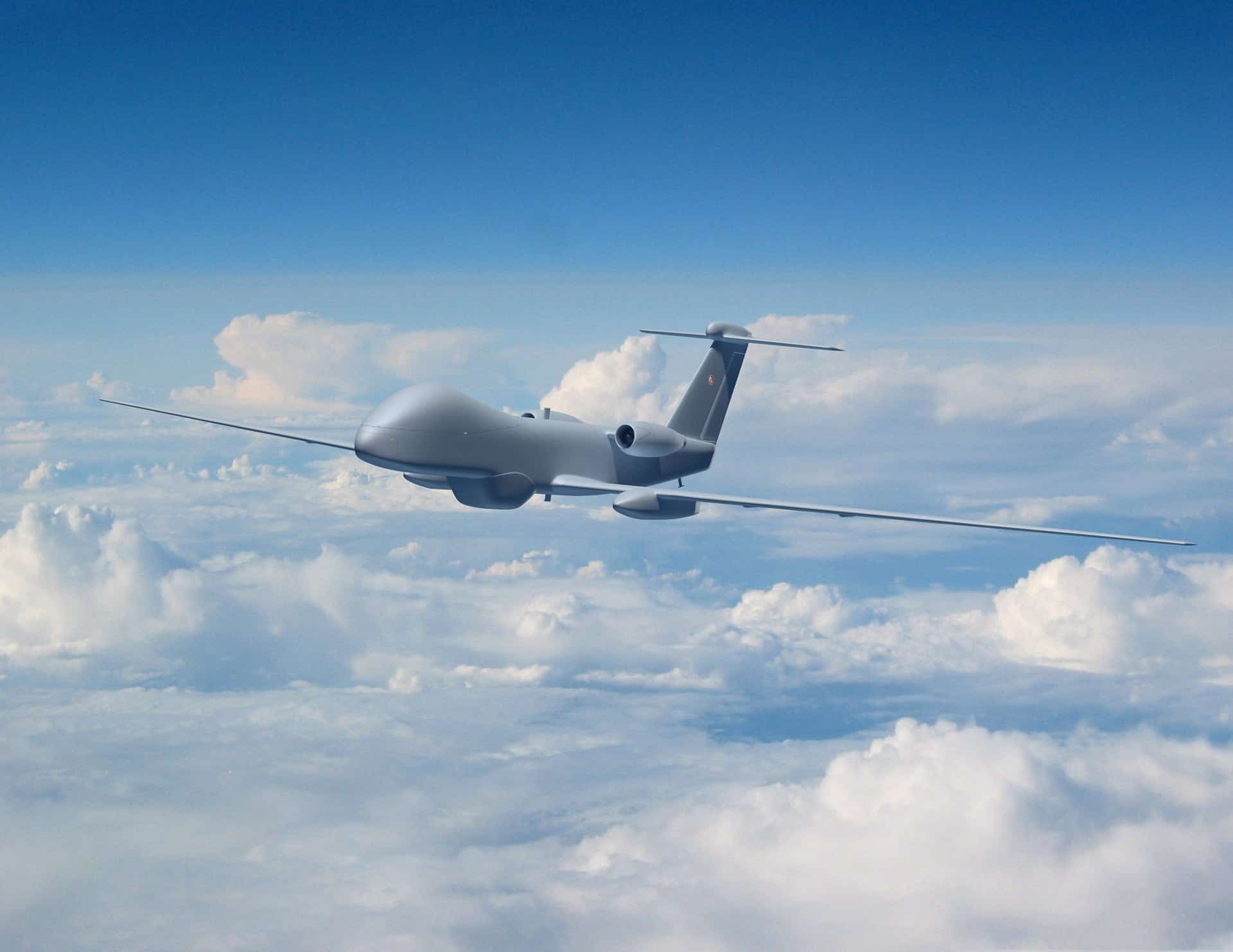Christian scherer, a senior executive of Airbus, has quite clear ideas about his company's plans for unmanned aircraft. For this he did not fail to express them in a recent interview with the Associated Press in which he added that he wanted to sell electric or hybrid planes within the next 15 years.
“Our company,” Scherer points out, “is not yet ready for battery-powered jumbo jets. But it is already fully equipped to fly planes without a pilot, at most with just one."
“It's not a technological problem, but a regulatory one. Not to mention the psychological dynamics that concern the perception of passengers."
At the last Paris Air Show, several operators proposed autonomous aircraft: mostly for military purposes, but also for private urban transport (the “air taxis”).
When we think of large unmanned aircraft, the topic of safety arises spontaneously. Think of the recent accidents (with the pilot cut off) involving the innovative Boeing 738 Max in Ethiopia and Indonesia. Dozens of deaths due to faulty software that "did it on its own" managing an aircraft are terrifying.
“Our strategies did not change with the crashes in Indonesia and Ethiopia,” adds Scherer. “There is only a renewed need for skills: we have them, other companies are still looking for them to improve themselves”.
The reference to Boeing seems natural, also because of the bad sales period that the company lives, in spite of an Airbus that appears to be in excellent health.
And you? What do you think of Airbus' plans? Would you calmly get on a plane without a pilot, or don't you even think about it? Let's not deny it: sometimes the "good old" pilot can still be very, very reassuring.
After all, confidence in human improvisation is greater than the irrational fear of a malfunction dullly brought to the extreme by a machine that does not exercise intuition. Not yet, at least.


